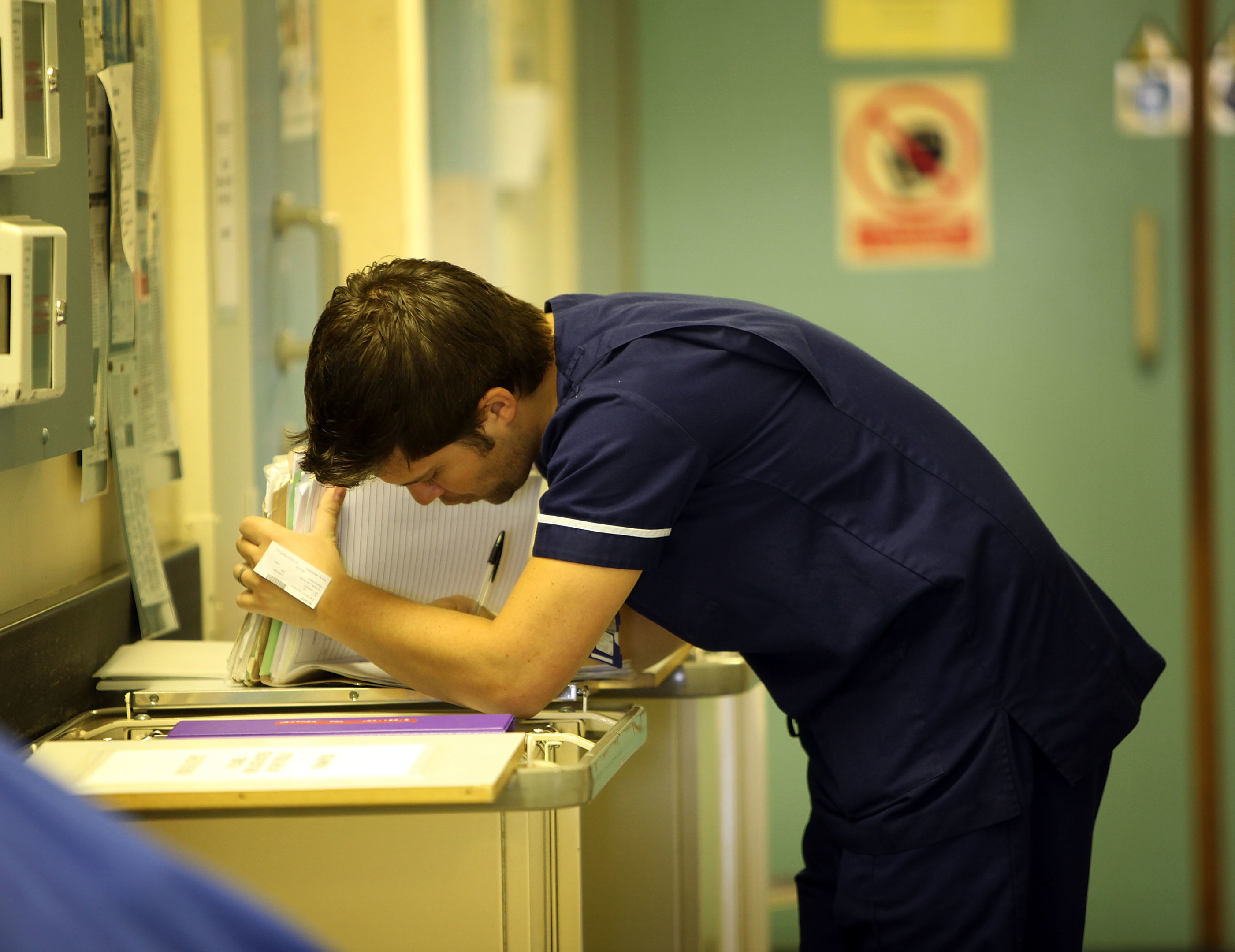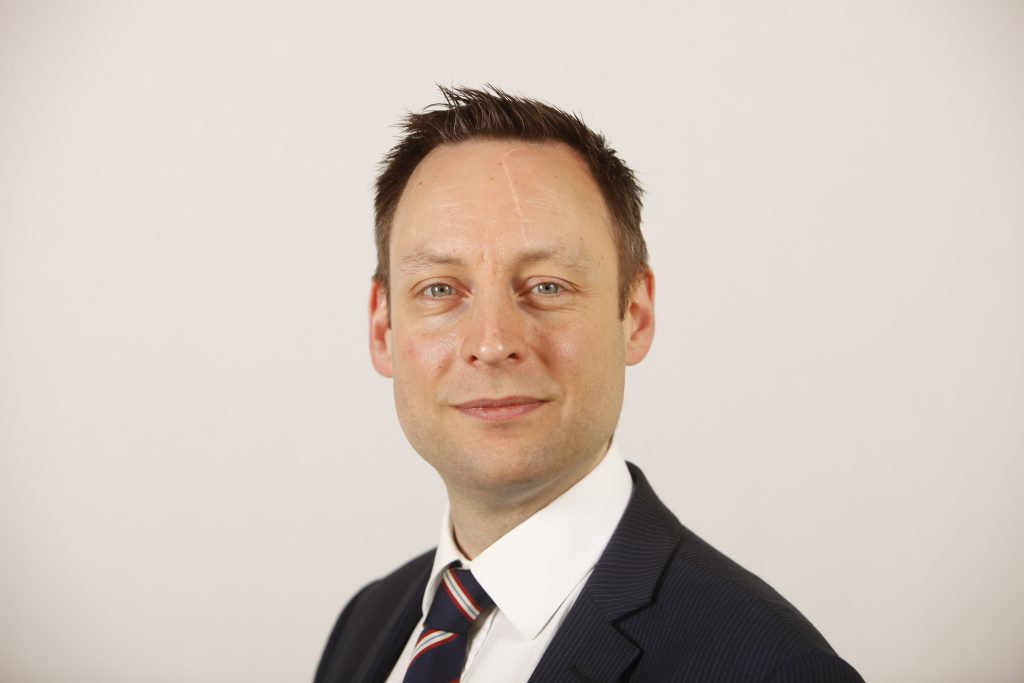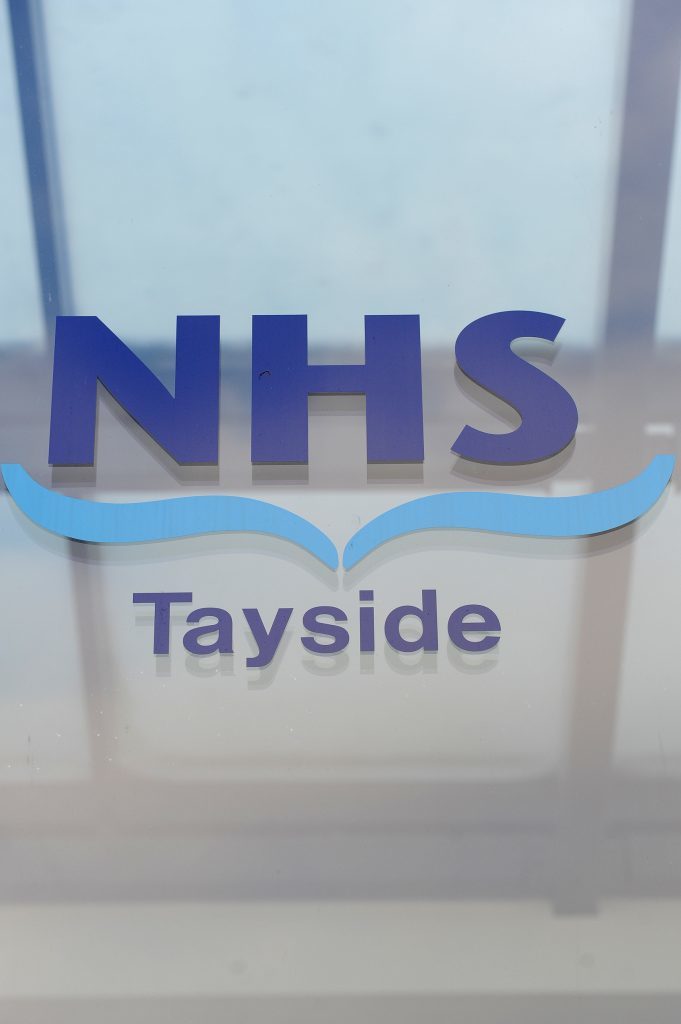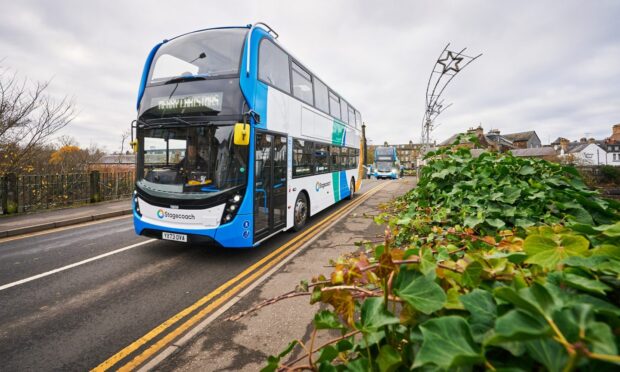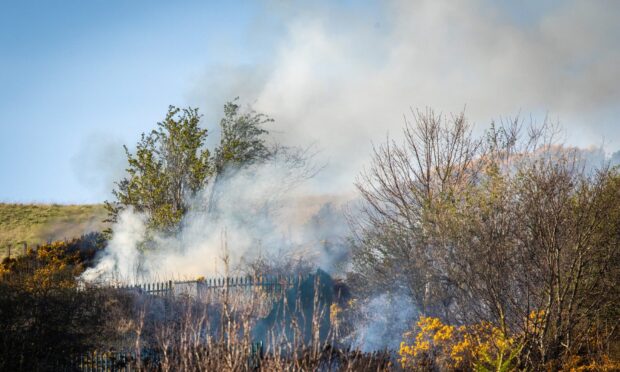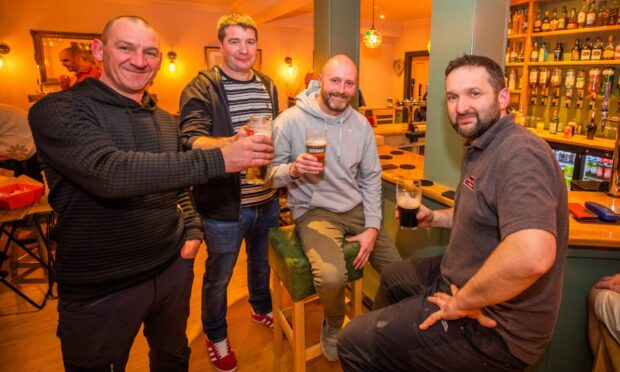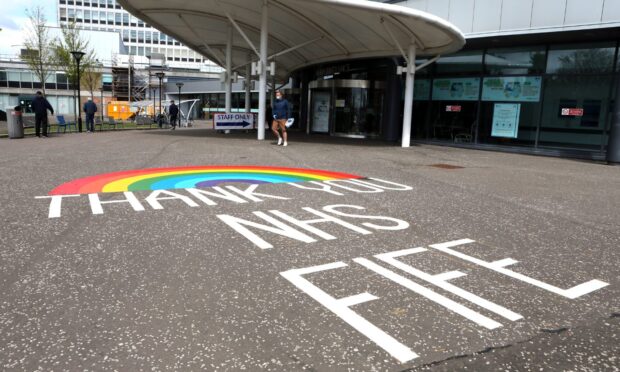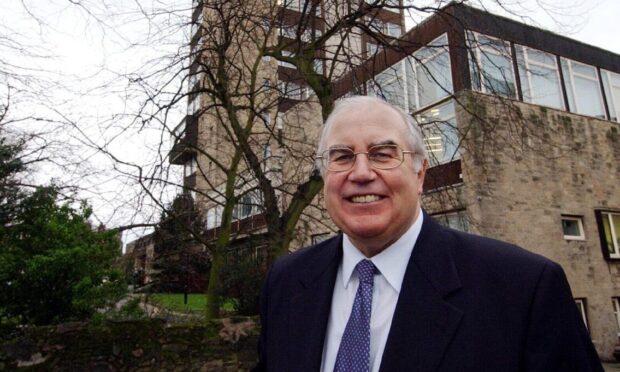NHS Tayside paid a private agency more than £1,200 for a single nurse to plug a gap in its intensive care unit.
It can be revealed today that the cash-strapped health board was forced to stump up the money to cover a night shift because of staff shortages.
Ministers have bailed out the board three times in as many years with its agency nurse spend, the highest in the country, identified as one of the key factors.
Progress has been made on closing that gap in recent months, with a near £750,000 drop in the amount travelling from the health service to outside companies in the past six months, but the revelation that £1,251 was handed out last year for a single worker has set alarm bells ringing again.
It is estimated that an agency nurse costs the health service three times as much as a contracted NHS staff member, with around half the money going to private agencies rather than workers themselves.
The Conservatives, who uncovered the figures through freedom of information requests, pointed out that NHS boards spent £158 million paying for bank and agency nurses to cover shifts last year.
Liam Kerr, a North East Scotland MSP and vice-convener of Holyrood’s Public Audit Committee, said: “When the public audit committee met in Dundee, we were told that NHS Tayside was bringing the agency bill under control.
“However, these figures would suggest there is still a considerable amount of work to do. The public will be astonished at the sums involved here – the health board is paying out nearly as much for one shift as many healthcare workers will take home for a month.
“The SNP government must take responsibility for poor workforce planning over the past ten years – and cannot simply keep bailing out NHS Tayside as it lurches from one crisis to the next.”
Elsewhere in the country, NHS Lanarkshire paid the highest amount, £1,565 for a single shift in 2015/16, closely followed by NHS Lothian, which paid £1528 to an agency the previous year.
In NHS Ayrshire and Arran, bosses estimated the highest single payment for a shift – defined as more than eight hours but less than 14 – was between £1,300 and £1,600.
NHS Fife did not respond to the Tories’ Freedom of Information request.
Shona Robison, the health secretary, argued that bank and agency staff are “an important part of our staffing arrangements to allow heath boards to cope with peaks in demand”.
She added: “Boards only use bank and agency staff when they have to and the vast majority are the board’s own nursing staff agency staff. Agency staff make up only 0.4% of overall staffing numbers and the amount of money spent on agency nurses and midwives is 11.3% lower today than it was a decade ago.
“We want to reduce agency use as much as possible and earlier this year we launched a new initiative, in partnership with NHS National Services Scotland, to drive down the cost and use of all temporary agency staff.”
An NHS Tayside spokeswoman said: “NHS Tayside has a proactive approach to reducing reliance on agency cover. All decisions on staffing requirements are made to ensure the ongoing provision of safe and effective care for our patients
“With regards to our nursing and midwifery workforce, we use the NHS Scotland national nursing and midwifery workload and workforce planning tools that help determine recommended nurse staffing requirements.
“The nursing/midwifery bank and agency policy provides guidance and an escalation process for staff to secure supplementary staffing. In this policy the use of agency staffing would be the final option. The figure of £1,251 relates to an 11.5 hour night shift, on a public holiday for a Specialist ITU Nurse.
“We are committed to reducing premium agency costs and our Transformation Programme is looking at best practice to manage the use of agency staff and reduce overall costs.
“For the financial period between April and December this year the spend on premium non-contract agency nursing and midwifery staff has reduced by £747,000. We continue to actively recruit to both our full and part-time positions and we have opened up the opportunity for all registered nurses, midwives and healthcare support workers to join the NHS Tayside Nurse Bank to increase capacity and reduce our use of agency staff.
“We also have a proactive recruitment strategy, particularly of new graduates from universities and were successful last year in recruiting 211 newly qualified nursing practitioners.”
